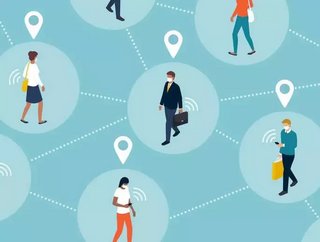Differing approaches to COVID-19 contact-tracing apps

As the coronavirus pandemic continues, one set of tools increasingly mooted as offering a potential way out of lockdown are contact-tracing mobile apps.
Contact tracing itself is nothing new as a fundamental component of outbreak control, albeit usually done in a manual manner. This is achieved, for instance, by researching the movements of a confirmed infected individual, and contacting all those who may have come into contact with her.
What’s new is automating this process via the use of the ubiquitous mobile phone. An application installed on the phone will track the user’s movements while Bluetooth signals emitted periodically will be able to determine the length of proximity to other people. The central idea is that an individual who contracts COVID-19 can mark themselves as such, which will then send out an alert to the phones of people who have been near the infected person for a certain period of time.
SEE ALSO:
Such an activity raises a host of ethical and security questions, however, particularly in the security of the data detailing people’s movements.
The large American tech companies such as Apple and Google favour a decentralised approach, which keeps data about user movements on an individual’s phone, thus maximising user privacy.
Some nations, however, favour a centralised model whereby such data will be processed in a central server, potentially allowing for better data processing and the gleaning of insights about how the virus itself spreads.
While the world is currently split, it seems likely that one form will prevail over the other - think Blu-ray vs HD DVD or Betamax vs VHS. The UK, which has been developing an app on the centralised model, has reportedly commissioned a feasibility study into moving in a decentralised direction. That development came after the UK’s app was trialled on the Isle of Wight, where some 40,000 people have been testing the application.






